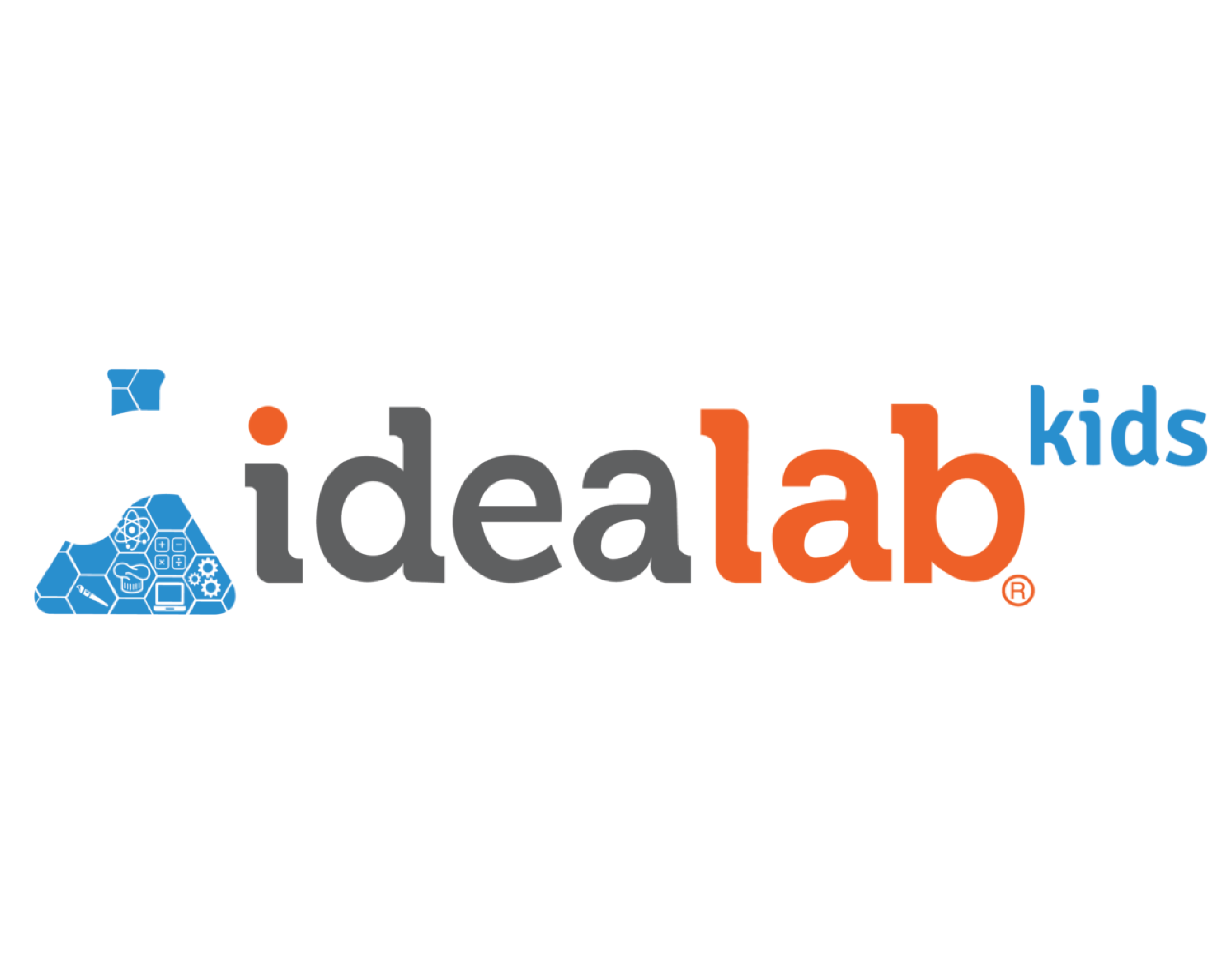The Importance of After-School Programming for STEM Education and Planting Seeds for Future Careers
After-school programs are vital for fostering STEM skills and guiding students toward future careers in rapidly growing fields.
MORE STORIES LIKE THIS
How a Groundbreaking Partnership Between Santa Ana USD and IDEA Lab Kids Is Transforming STEAM Education
IDEA Lab Kids Rolls Out Updated STEAM On Demand Platform to Better Support Large School Districts and Diverse Learners
The Importance of After-School Programming for STEM Education and Planting Seeds for Future Careers
Lyricos Learning Supports Hawthorne School District with Innovative STEAM on Demand Program

/story1/2727333/c307140d480f40c90586a12125879f2b3251.jpg)

/story1/2729675/a50d8874656914db3293acb5321ab8f31999.jpg)
/story1/2727526/9b99bc08d0bc40de45ccb24995730b878457.jpg)
/story1/2727333/c307140d480f40c90586a12125879f2b3251.jpg)
/story1/2726455/fb1a9af839e5a7074a83a2cb1b2e2424223.jpg)